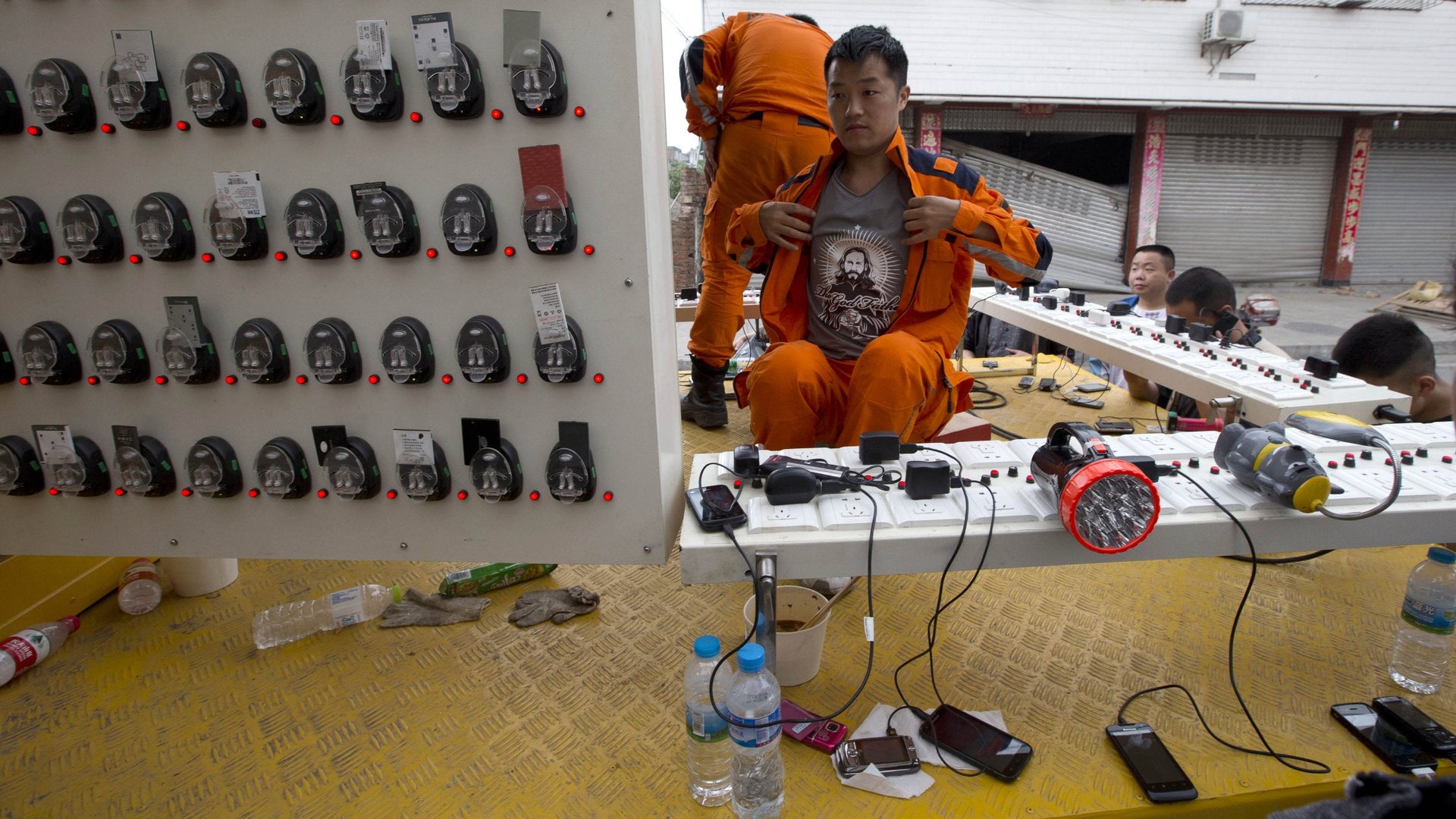From Boston to Sichuan, messaging apps come to the rescue when cellphone networks fail
Both in last week’s Boston bombings and last weekend’s earthquake in China’s Sichuan province, mobile-phone networks were quickly overwhelmed as people rushed to call family and friends. In both cases, users took to services that use bandwidth more efficiently, like text messaging, microblogging and instant-messaging apps.


Both in last week’s Boston bombings and last weekend’s earthquake in China’s Sichuan province, mobile-phone networks were quickly overwhelmed as people rushed to call family and friends. In both cases, users took to services that use bandwidth more efficiently, like text messaging, microblogging and instant-messaging apps.
Voice calls consume about eight times as much bandwidth as text messages. Moreover, they must pass through the network in real time. Text messages, on the other hand, are slivers of data that use relatively little bandwidth, and line up until a break in the network traffic lets them slip through. The same is true of microblogging services such as Twitter, Sina Weibo and Tencent Weibo, and instant messaging apps like WhatsApp or Tencent’s WeChat.
So it’s no surprise that, as the dust settled at the finish line of the marathon in Boston, carriers asked subscribers to avoid making calls and use text messages instead. Some used Twitter, to broadcast to a wider range of people.
It was similar in Sichuan. Bloomberg reports that the government of Chengdu, the provincial capital, posted a message on Sina Weibo asking people to use WeChat or Weibo to communicate. Telecoms firms followed suit: China Unicom also posted on Sina Weibo asking users to reserve phone lines for emergency use only, and to use texting, microblogging or instant messaging apps instead (links in Chinese), while China Telecom did the same in a text message.
Their promotion of WeChat in particular could be seen as ironic. Egged on by China’s three biggest mobile operators, the government is now considering making WeChat’s parent company, Tencent, pay carriers a fee for riding on its service. The sore spot isn’t bandwidth but “signaling.” As long as the app is open on a mobile device, the device pings nearby cell towers every so often, taking up signaling capacity. As China Mobile, by far the largest operator, has called for Tencent to pay a form of “rent,” its complaints have focused mainly on WeChat’s constant use of signaling resources, which drives up operating costs.
The earthquake episode suggests that this gripe might not be totally off-base. Telecom expert Xiang Ligang told Sohu Tech News that IM apps like WeChat users in the area around the earthquake might overload signaling resources in the area (link in Chinese), and that users should temporarily take to microblogging apps instead.